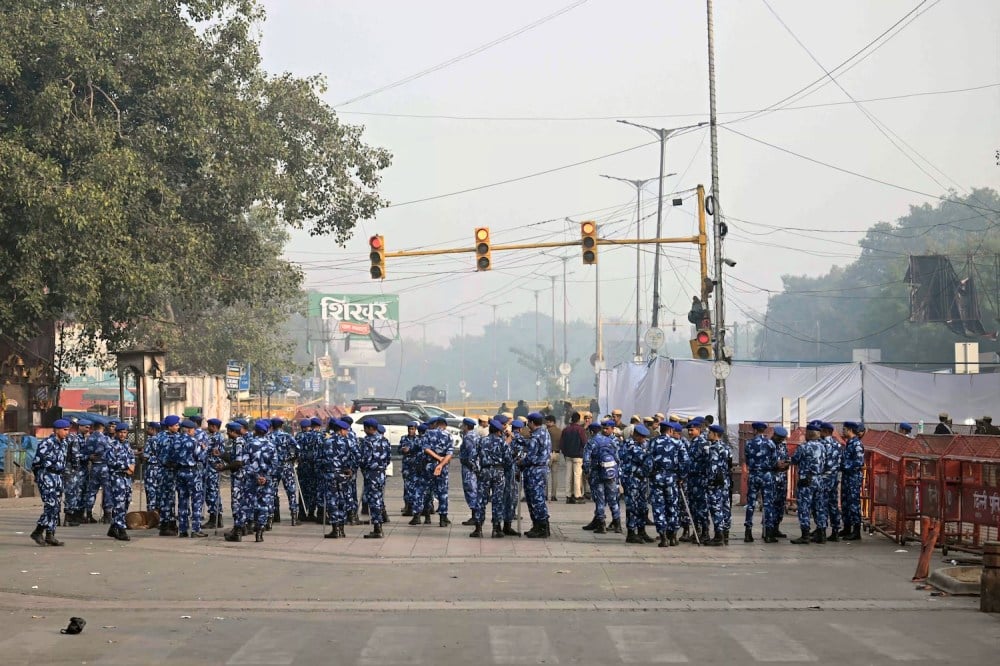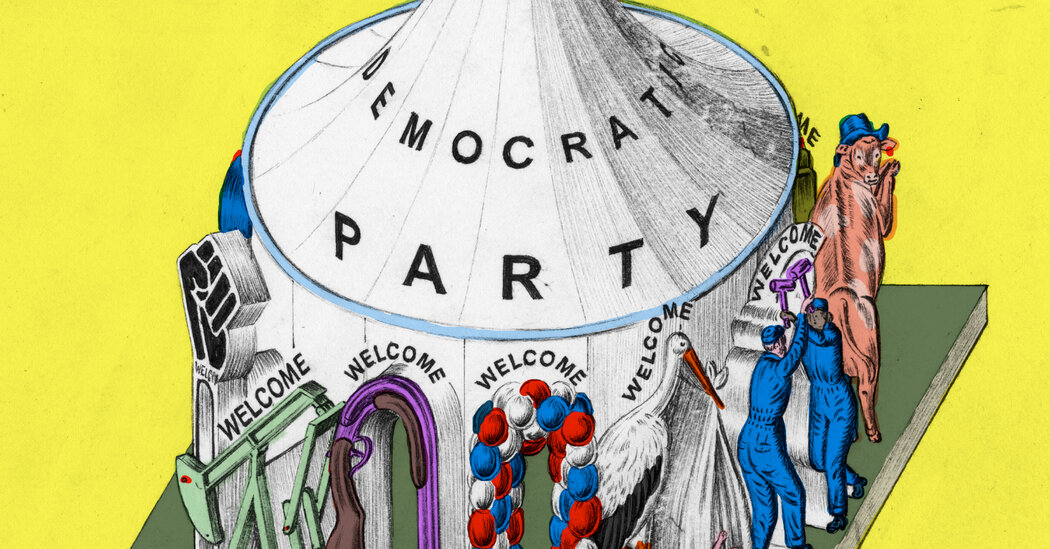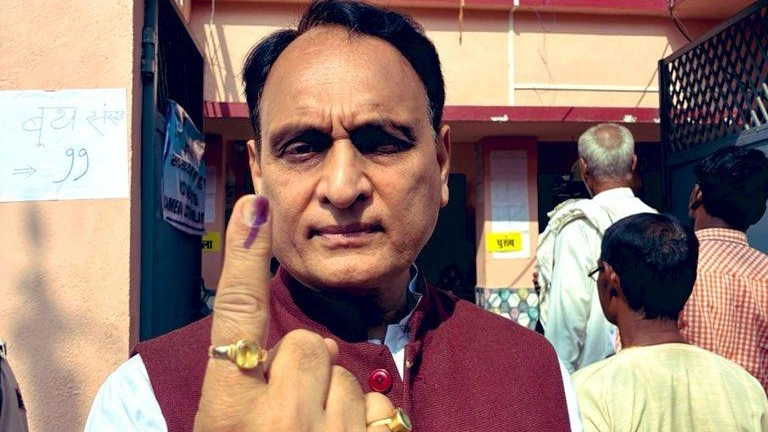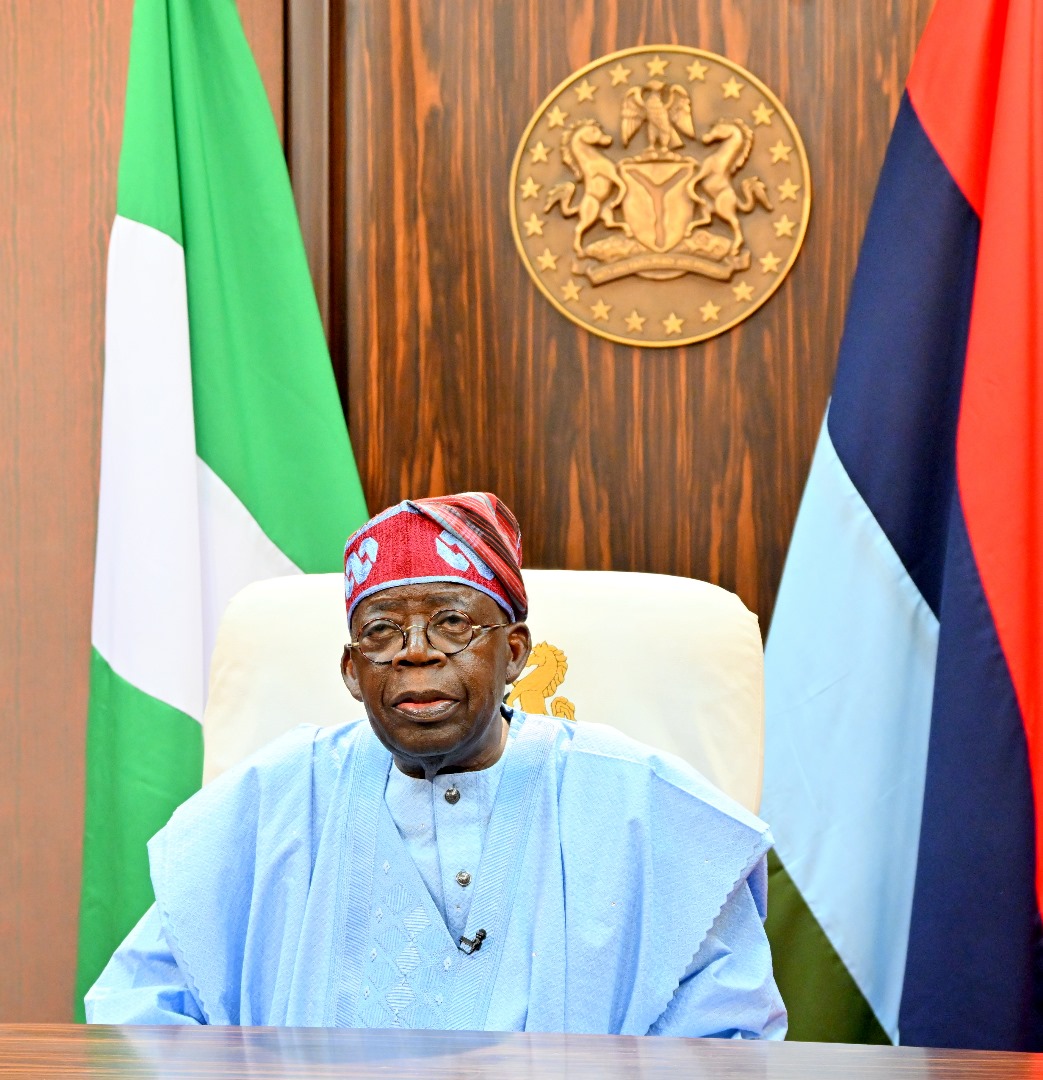Copyright Foreign Policy

Welcome to Foreign Policy’s South Asia Brief. The highlights this week: Blasts in New Delhi and Islamabad raise concerns about regional stability, India’s Bharatiya Janata Party faces an electoral test in the state of Bihar, and Pakistan’s parliament passes a controversial constitutional amendment. Blasts Underscore Stability Risks On Monday, a car exploded near New Delhi’s iconic Red Fort, killing at least 13 people. Less than 24 hours later, a blast near Islamabad’s judicial complex killed at least 12 people. Large and deadly explosions have been rare in the two capitals in recent years. This week’s incidents amplify the growing risks to regional stability six months after the worst India-Pakistan conflict since a 1971 war and a few weeks after the deadliest violence between Afghanistan and Pakistan since 2021. The New Delhi blast happened as a car slowed down at a traffic light, exploding and igniting a fire that spread to nearly a dozen other vehicles. On Wednesday, India’s cabinet passed a resolution classifying the explosion as a “terrorist incident.” Indian media, citing unnamed security officials, report that the car’s owner was linked to militants targeted in a raid by officials in the nearby state of Haryana earlier on Monday. Some other reports suggest the possible involvement of Jaish-e-Mohammed, a Pakistan-sponsored terrorist group, though the Indian government has not echoed this claim. Meanwhile, Pakistani officials immediately labeled the blast in Islamabad a suicide attack. The government released a statement that blamed the Tehrik-i-Taliban Pakistan (TTP), an ally of the Afghan Taliban, and Pakistani Prime Minister Shehbaz Sharif accused India of sponsoring the militants. (A spokesperson for the Indian government denied involvement.) The India-Pakistan military skirmish in May was triggered by a terrorist attack in Indian-administered Kashmir. In its wake, Indian Prime Minister Narendra Modi vowed that any future terrorist attack on Indian soil would be viewed as an act of war—meaning that with New Delhi concluding the Monday blast was terrorism, there is a possibility that the conflict could resume. But circumstances could prompt India to hold back. It hasn’t accused Pakistan of involvement in the blast. Modi left for a prescheduled trip to Bhutan on Tuesday, suggesting that New Delhi is not in serious crisis mode. NDTV has reported that initial investigations concluded that the perpetrators might have been fleeing the Monday raids and could have accidentally detonated munitions in their panicked escape. However, with Modi’s promise to treat any attack as an act of war, India could incur some political risks by not responding with muscle. Tellingly, New Delhi’s messaging has been subdued, especially with the decision not to characterize the blast as a terrorist incident for a few days—and through a resolution rather than a direct statement from officials. As severe as India-Pakistan tensions remain, the more serious near-term stability risk may lie between Pakistan and Afghanistan. Last Saturday saw the collapse of a third round of bilateral talks meant to address Pakistan’s demand that the Taliban regime curb anti-Pakistan militants based in Afghanistan—mainly the TTP. Pakistan carried out airstrikes last month on terrorist targets in Afghanistan, and the Taliban responded by striking border posts. The Taliban previously threatened to attack Islamabad (likely via militant allies) in retaliation for last month’s airstrikes. Pakistan’s military already blamed the TTP for a Monday attack on a cadet college in South Waziristan. Now, with Pakistani officials pointing the finger at Taliban assets for the Tuesday blast, a fresh wave of cross-border violence could be in the offing. This all raises the specter of an expansion of terrorism in Pakistan beyond the border areas where most attacks have taken place in recent years. Between 2007 and 2014, violent TTP campaigns convulsed the country, before a large-scale Pakistani counterterrorism operation in North Waziristan degraded the TTP threat—but also prompted militants to flee to Afghanistan. Many Pakistanis I spoke to in Islamabad last week fear a multifront conflict. Ultimately, however, this week’s blasts in New Delhi and Islamabad could have dangerous implications for Indians, Pakistanis, and Afghans alike in a region where stability is already hanging in the balance. What We’re Following Modi’s Bihar election stakes. On Tuesday, the second and final phase of voting took place in the Indian state of Bihar, with results to be announced on Friday. India’s Election Commission reported record turnout. The state election is arguably the biggest test for Modi and his Bharatiya Janata Party (BJP) since last year’s national elections. As India’s third-most populous state, Bihar is a major electoral prize. It is also one of India’s poorest states and registers high unemployment—an issue that the BJP has struggled to address across the country. Modi is still trying to shake off criticism that he is vulnerable to anti-incumbency sentiment. He won a third term last year with a smaller majority than expected, forcing him to rule in coalition for the first time. The BJP has since won a series of state elections but none as challenging as the one in Bihar, where the party has never formed a government on its own. The BJP currently rules in coalition in Bihar alongside the Janata Dal (United), or JD(U). The JD(U) is also one of the top partners in the alliance that the BJP leads in New Delhi. If the JD(U) fares poorly in the Bihar elections, the possible implications—such as defections or splinters—could affect the national coalition. The BJP will hope for a victory in Bihar that maintains its momentum in state politics and positions it well for another round of state elections in the coming months, including a key one in West Bengal. Pakistan’s controversial amendment. This week, Pakistan’s parliament passed a controversial constitutional amendment that prompted an opposition boycott, a petition from Pakistan’s legal fraternity, and a firestorm of public criticism. Most of the anger revolves around changes to the courts and the military. The amendment sets up a new constitutional court with significant government influence, raising concerns about judicial independence. The law also makes Pakistan Army chiefs—already the country’s most powerful post—even more so by granting them control over the entire military, allowing them to keep their uniform on for life, and enabling their removal only through impeachment. Supporters of the amendment, including pro-military commentators, insist that it is meant to modernize and streamline command and control issues. In practice, it will simply continue an already clear trend: that the military has become more dominant in politics and policy than during any other period of putative civilian rule in Pakistan’s history. In recent years, scholars have described the willingness of Pakistan’s civilian officials to share power with the military as a hybrid system. But today, the country appears to be sliding toward a system in which civilians are no longer sharing but often ceding extensive power to the armed forces. Arson, bomb attacks in Bangladesh. On Monday, arson and crude bomb attacks in the Bangladeshi capital of Dhaka targeted institutions and businesses associated with the interim government, with no casualties reported. But unlike the circumstances surrounding this week’s blasts in New Delhi and Islamabad, the explanation for the Dhaka attacks seems clear-cut. On Thursday, Bangladesh’s International Crimes Tribunal is expected to announce the date when a verdict will be given in a case against former Prime Minister Sheikh Hasina, who resigned under pressure last year. The attacks likely reflect anger against an interim government that Hasina’s supporters reject and that has vigorously pursued legal proceedings against her. No group has claimed responsibility for the Monday attacks, but the likelihood that some of Hasina’s supporters were behind them raises an unsettling question about elections scheduled for February. Hasina’s Awami League is banned from political activities, elevating the risk that frustrated partisans could try to disrupt the process with violence. Electoral violence is not unusual in South Asia, but Bangladeshi election authorities and law enforcement will want to do everything possible to minimize the intensity of any unrest—especially given the stakes of the polls. FP’s Most Read This Week How to Stop the Genocide in Sudan by Mutasim Ali and Yonah Diamond Toppling Maduro Without Boots on the Ground by Ryan C. Berg Trump Should Oust Maduro by Matthew Kroenig Under the Radar During a visit to Pakistan last week, Syeda Rizwana Hasan, the environment advisor to Bangladesh’s interim government, said the two countries should focus on establishing direct air flights. Bangladesh-Pakistan ties have resurged since Hasina’s ouster, which propelled to power a group of leaders in Dhaka who aren’t terribly fond of New Delhi and are more receptive to working with Islamabad. This detente comes despite sore spots, including Pakistan’s refusal to formally apologize for actions during Bangladesh’s independence war that Bangladeshis see as genocide. The push for direct flights is in line with the two countries’ recent focus on promoting commercial and people-to-people ties. In February, Dhaka and Islamabad resumed direct trade for the first time since 1971, when Bangladesh became independent. They have also agreed to more modest cooperation, including the establishment of think tank collaborations. The key question about the direct-flight idea—and the partnership overall—is if it will get buy-in from the Bangladeshi government that takes office after the February elections. Bangladesh has always taken a nonaligned foreign-policy stance; its interests would seemingly be well-served by repairing ties with India while continuing to build relations with Pakistan. However, depending on how things play out, the new government’s approach to New Delhi could shrink the diplomatic space for continued engagement with Islamabad.



